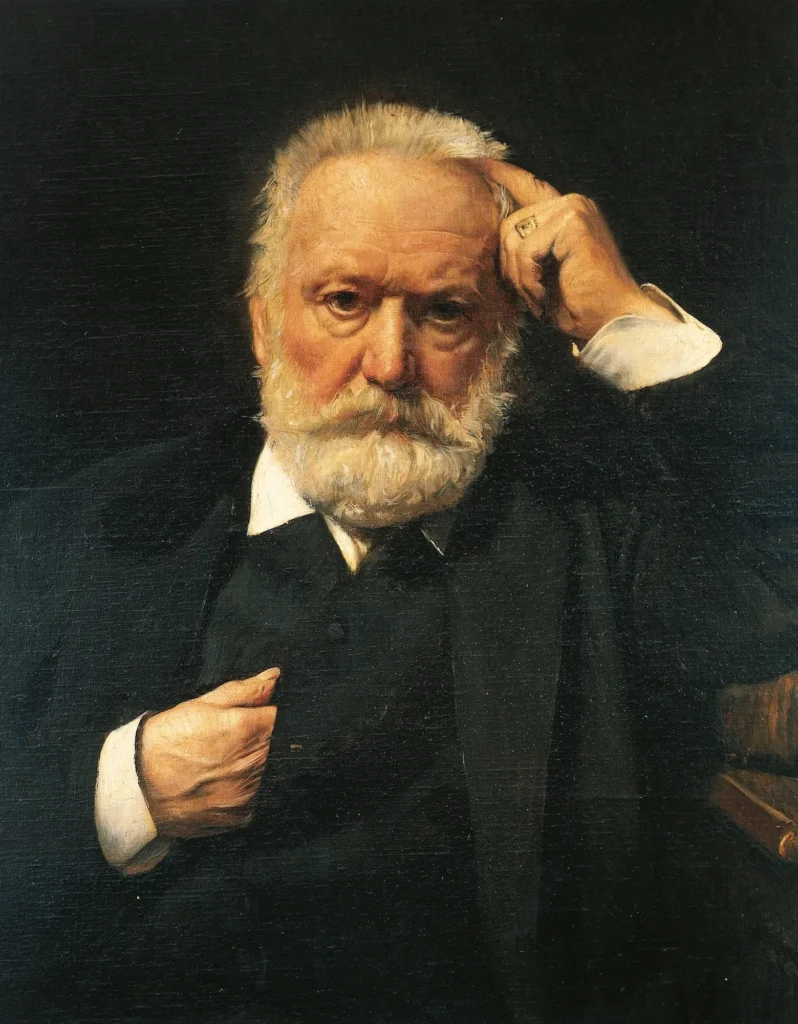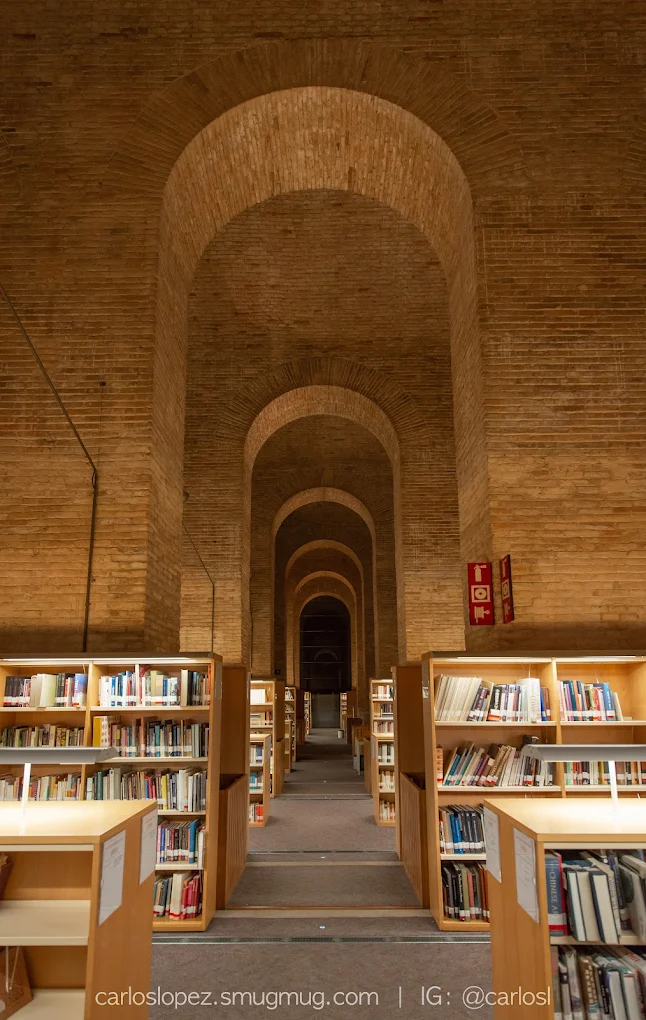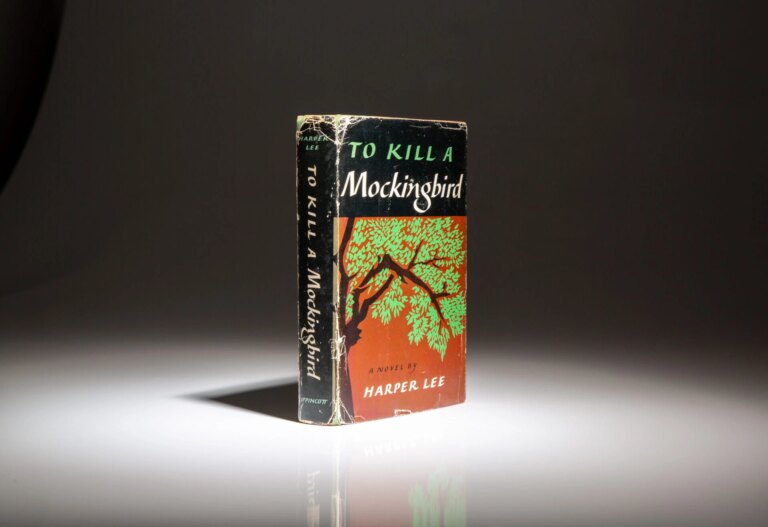He may have started as a lawyer, but his legacy as a writer has spanned decades.
Victor Hugo became arguably one of the most important French Romantic poets, but he only embarked on that journey after training as a lawyer. While Hugo passed away in May of 1885, February 26th marks what would have been his 223rd birthday, and we’re celebrating the acclaimed novelist and dramatist by looking at his life and all he accomplished.
The Early Years: A Brief Summary
Victor Hugo was born in Besancon, France in 1902. In summary, his early life was marked by frequent moves, political unrest, and family disagreements; apparently the perfect equation to becoming a magnificent writer. The youngest of 3 boys, his early education was religious and pro-monarchy, later studying at the University of Paris from 1815 – 1818. Hugo began writing at a young age, won 1st place in a National poetry contest at 17, and published his first book of poetry at just 19 years old.
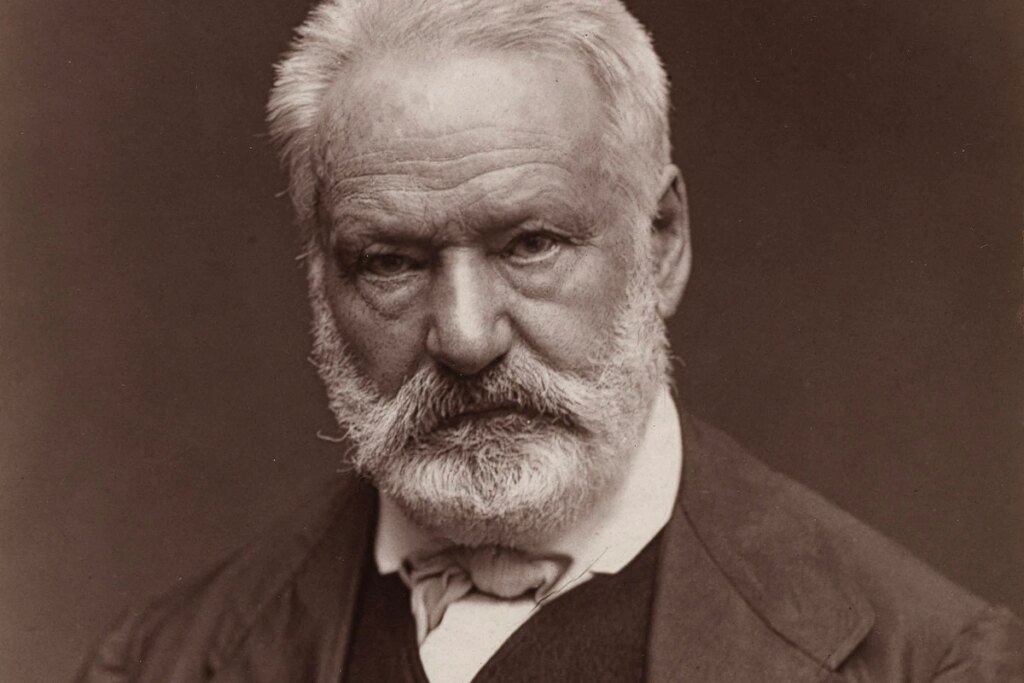
A hopeless romantic to his core, Hugo fell in love with his childhood friend Adèle Foucher, against his mother’s wishes we might add, and married her in 1922 after his mother’s passing. And while we’re tremendously interested in Victor Hugo’s life, if we can be frank, we’re here for book talk, so let’s get to the good stuff.
The Notre Dame Years
From 1815 – 1818 it was law that Hugo studied, but never fully committed himself to. With a little encouragement from his mother, he finally decided to embark on his writing career. He founded the Conservateur Litteraire, a journal he utilized to publish his own poetry and the work of his friends. Fast forward to 1831 when he published one of his most enduring novels – Notre Dame de Paris, or more commonly, The Hunchback of Notre Dame.
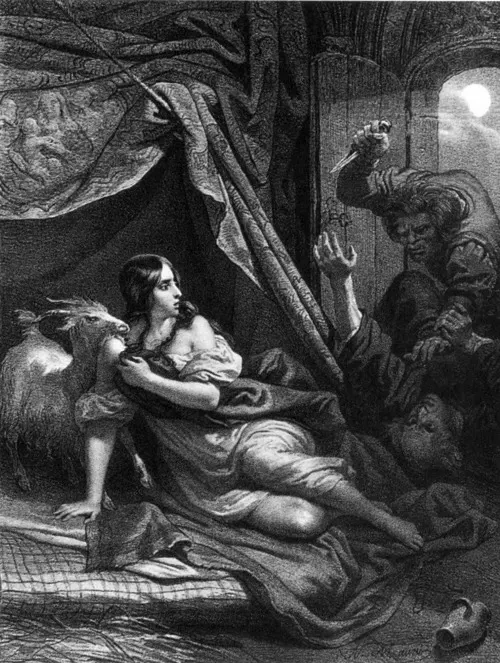
Set in the medieval period, the novel presents a harsh criticism of a society that shuns hunchback, Quasimodo, who falls in love with the beautiful gypsy Esmeralda. Esmeralda was condemned as a witch by archdeacon Claude Frollo who lusted after her. Not only is this story the most celebrated work of Victor Hugo, but it really paved the way for the future of his political writing.
Like Stars Through the Soul
By the 1840s Hugo was one of the most celebrated literary figures in France and was even elected to the French Academy and nominated for the Chamber of Peers. On a brief break from publishing, Hugo began privately working on a little piece that would eventually be known as Les Miserables.
Between 1851 and 1870, Hugo lived in Brussels and Britain, eventually returning to France. A lot of the work published at this time conveys sarcasm and social criticism – a match made in literary heaven. Among them, is the novel Les Miserables published in 1862.

The book, mainly about people in lower-class France finding their way in society and what people in the lower rungs of society must do to survive, was an instant success in both Europe and the United States. If you’re a fan of musical theater or films, then you already know, that Victor Hugo’s Les Mis was also reinterpreted as a musical and hit film and remains one of the best-known works of 19th-century literature.
Honorable Mentions
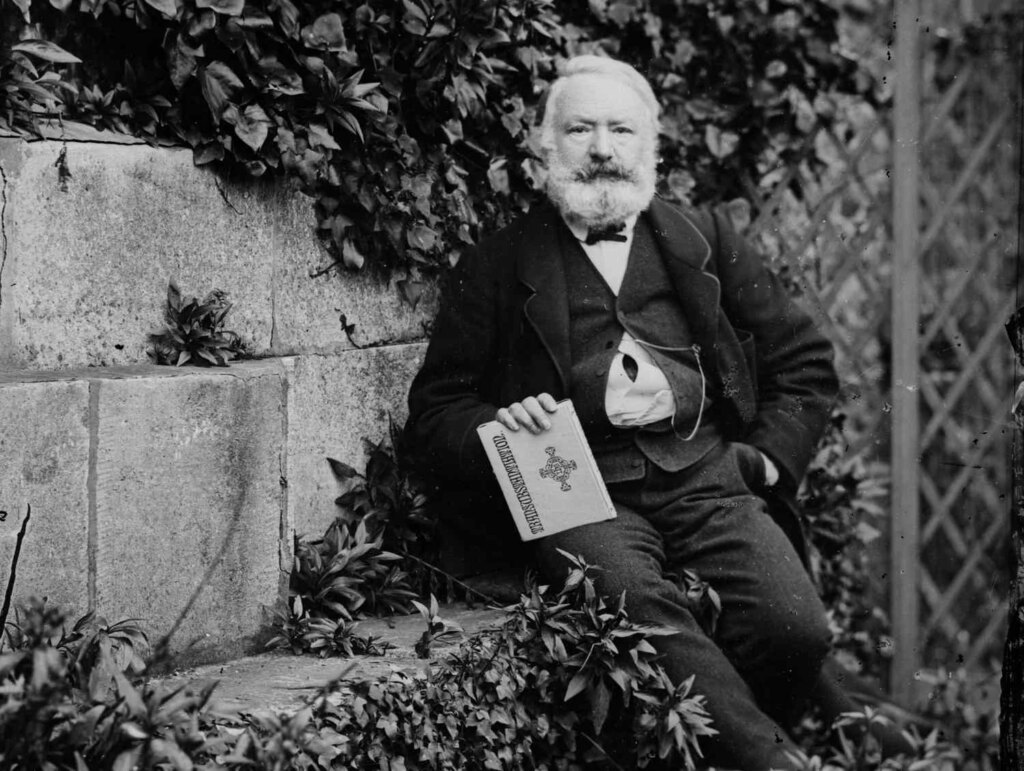
Now don’t get us wrong, we love Notre Dame and Les Mis as much as the next bibliophile, but you don’t become one of the most important French writers of all time with just TWO works. Okay, Victor Hugo could be the exception, but he wrote a slew of other incredible pieces. Here are a few of our favorites:
The Man Who Laughs
This story takes place in the 17th century and follows the life of a disfigured boy, abandoned as a child on a winter night, who was taken in and raised by a kindhearted showman.
The Toilers of the Sea
Love and heroism meet on Channel Island where a reclusive fisherman falls in love with the niece of a local ship owner. This book has everything – shipwrecks, gripping adventure, battling the elements, and so much more.
The Distance, The Shadows
A poignant exploration of the human condition, delving into love, loss, and the passage of time.
Les Contemplations
A collection of poetry that explores themes of love, nature, and spirituality.
Later Years and Legacy
Hugo returned to France after 1870 as a symbol of republican triumph, but his later years turned out to be largely sad. Between 1871 and 1873 Hugo lost two sons, his later works focused on themes of God, Satan, and death, then in 1878 he was stricken with cerebral congestion. Hugo lived in Paris for the rest of his life, and the street he lived on was aptly renamed Avenue Victor Hugo on his 80th birthday.
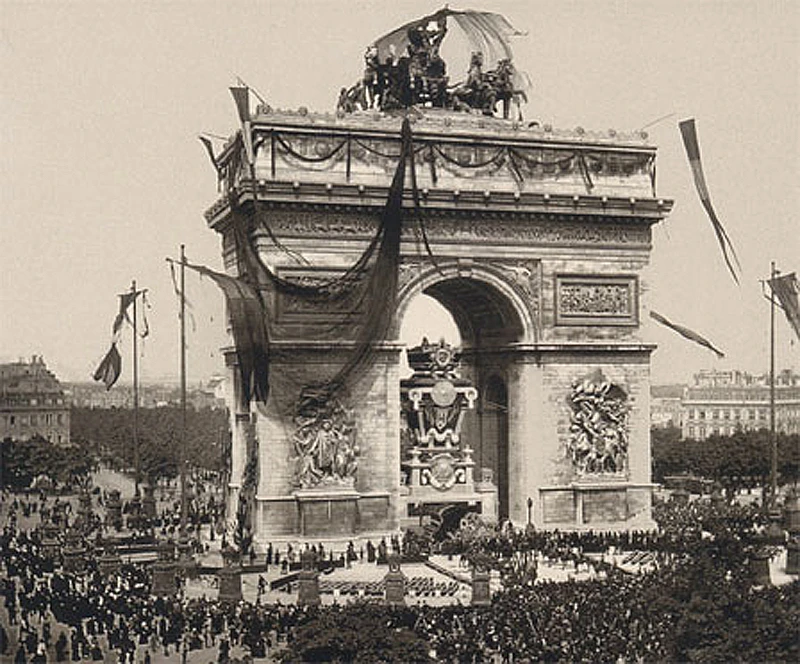
Victor Hugo passed away in 1885 and he received a hero’s funeral, even lying beneath the Arc de Triomphe before his burial in the Pantheon. Today, Victor Hugo is still one of the giants when it comes to French literature and while the French celebrate him as a poet, English-speaking countries best remember him as a novelist. Whether you celebrate his novels or his poetry, there’s no denying Victor Hugo left a lasting mark on literature as we know it.
Join our community of 1.5M readers
Like this story? You'll love our free weekly magazine.





